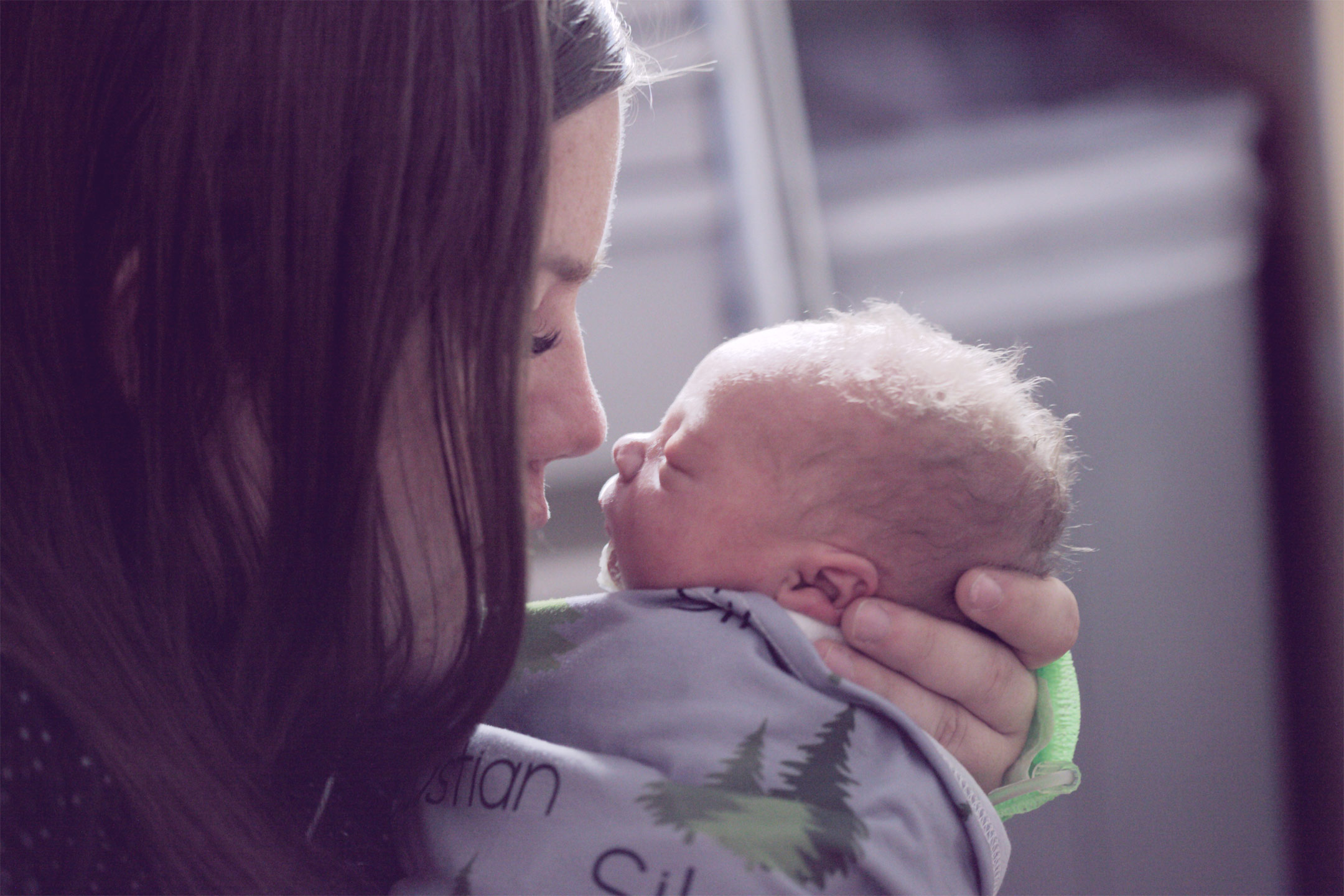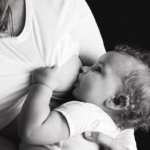
08 Feb Parenting: It’s a tough gig
When it comes to questions of parenting, Andrea Travers learns there are no right answers.
“You’re better off having a natural childbirth; all this medical intervention is so unnecessary.”
“Are you sure you want to keep being a vegetarian? What about the baby?” “Will you breastfeed?” When I first became pregnant, there were lots of questions. Most came with good intentions or polite interest, but some implied there was a ‘right’ answer.
It got me thinking. Becoming a mum was perhaps the biggest thing I would ever do, and the awful thought struck me – what if I got it wrong?
Over the years, I’ve encountered people I call the Perfectionist Parents. I’d like to believe their behaviour has its roots in insecurity rather than superiority since people who doubt their own abilities often take refuge in certainty. It can seem they know what they’re doing, which can be intimidating if we believe it – especially if we think we don’t know what we’re doing.
During that first pregnancy, I read dozens of books and made decisions I thought were carved in stone. I went to prenatal and yoga classes, watched natural birthing films, practised postures and worked on my breathing. I did my research and was certain I was doing all the right things – no drinking or smoking, eating lots of healthy food, exercising, playing music to the baby, visualising, finding a prenatal masseur, taking my vitamins and thinking positively. I also had a birthing plan, which felt comforting and certain. My pregnancy would be perfect, and my birth would go smoothly. People make plans, and God laughs, as they say.
As we arrived at the hospital, I realised I’d left the plan at home. It was an omen. The birth was a ‘success’, but I felt beaten and chastened. I realise now that the birthing experience was my first insight into strange new terrain:
Planet Parent – blissful one day, hellish the next. The rough start was a good thing for me and those around me.
If the birth had gone according to my plan, I might have emerged with the mistaken belief that it was all due to my good management rather than the good luck bestowed by genetic material, physiology (baby’s head versus pelvic size), birthing support and so on. Instead, I had to accept early on that there were many things outside my control. But that didn’t stop me from feeling inadequate when it seemed everyone else was doing a better job.
At my first mothers’ group, we went around the circle relating our birth experiences while I grew increasingly anxious. Words such as ‘elated’, ‘empowered’ and ‘excited’ were used. One woman put forward the view that any pain in birthing was just a failure to breathe properly and relax. Others expressed relief that it was easier than they thought or no more painful than a period. One lucky lady said it was orgasmic – the birth made her “feel like a goddess”.
I didn’t want to be a downer. Could I really refer to feeling like a wrung-out dish rag? Was traumatised too strong a word? Abandoned, terrified and overwhelmed might sum it up. How could I explain that despite adoring my baby daughter, the birth felt like a failure because I believed I should have been in control of the experience and wasn’t? That was my fault, right?
Trying to avoid whingeing while sticking to the facts, I gave a brief, moderate summary that made me realise I might have missed my calling in public relations:
“While I was relieved and very happy to have a healthy baby daughter, my birthing experience was not positive, and I definitely found it painful – in the extreme. But the worst thing was I felt overwhelmed by the birth and the experience of taking care of this new, very fragile little person.”
When I finished, there was a long silence. Finally, a woman cleared her throat and said, “I’m glad you said that because I feel a lot like that too”. Nobody else spoke, and the maternal and child health nurse cheerfully wrapped things up for morning tea.
Don’t get me wrong – I’m glad those other mums enjoyed their pain-free, ecstatic, champagne-popping births and that the fitness balls, whale music, affirmations and essential oils worked for them. I’m just sorry my experience felt so alienating, and especially that I was so hard on myself about it. Given some of the messages facing new parents, it’s easy to see why there might be insecurity and confusion around parenthood.
Take breastfeeding, for example. Look out for the Mammary Mafi laying a heavy guilt trip on those who can’t or don’t. Or the Eco Parents offering earnest views on how babies’ first steps can have the lowest possible carbon footprint before their tiny feet even touch the ground. Then there are the Anti-Vaccination Extremists, making alarming claims and judging those who vaccinate.
In all of this, the only sanity I could wrestle from the often blurry, sometimes scary, early days of parenting was that all the parents I met wanted what I wanted – the best for their kids. The very best parents know they aren’t perfect and don’t expect anyone else to be either. They keep busy with being ‘good enough’, and you can relax when you talk to them.
I applaud you if you have a natural childbirth, breastfeeding for the first two years, serve only organic homemade food, maintain a perfectly balanced, harmonious home, sign the kids up for dance/music/ sport/languages and never let them watch television, keep your baby strapped to you at all times and never send them to childcare. I equally applaud if you have a caesarean, don’t breastfeed, serve takeaway, switch on ABC3 more than you think you should, and make whatever arrangements you need to balance all the responsibilities of a busy life. This parenting gig is hard yakka. Can we give ourselves and each other a break?




